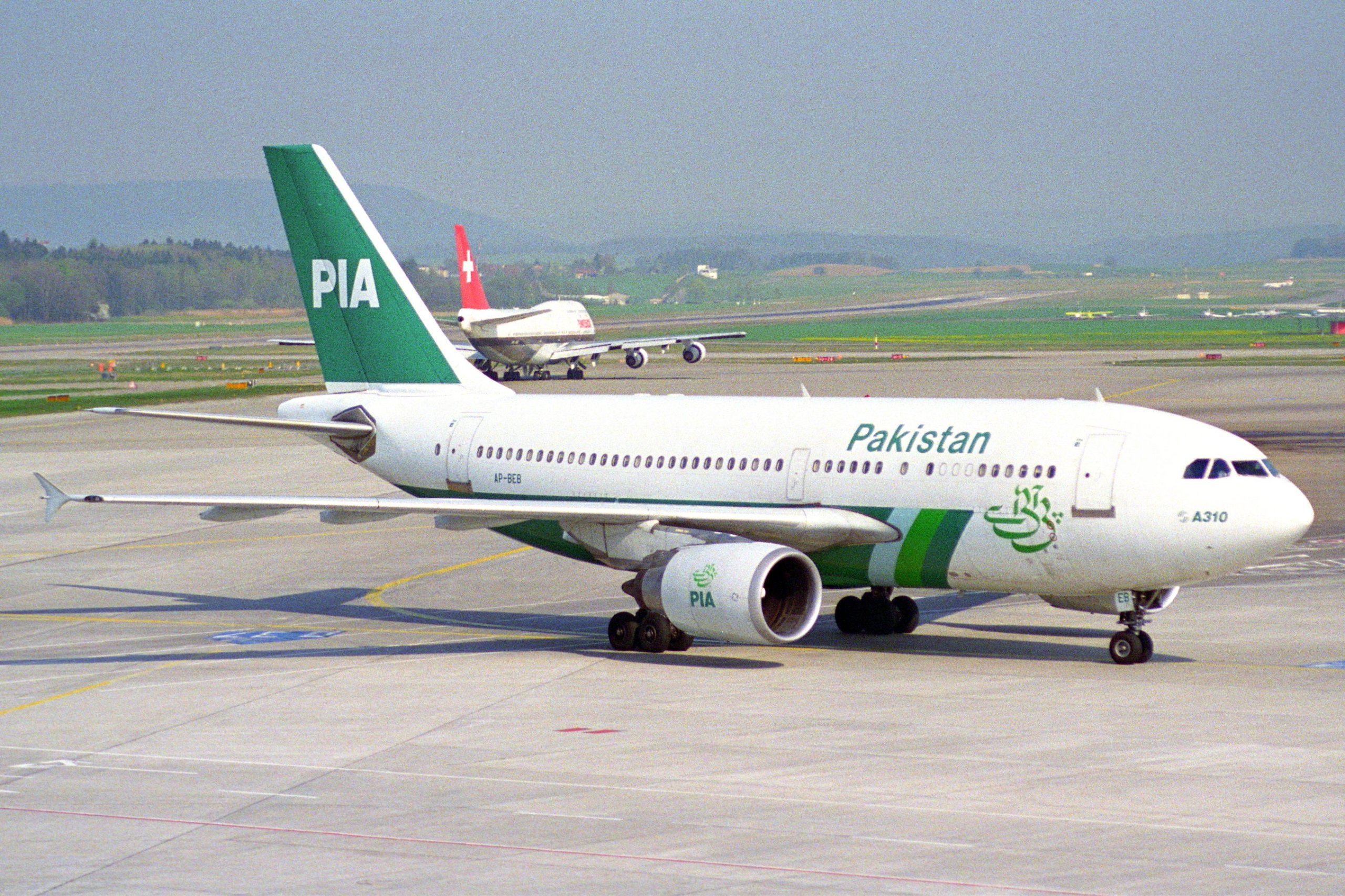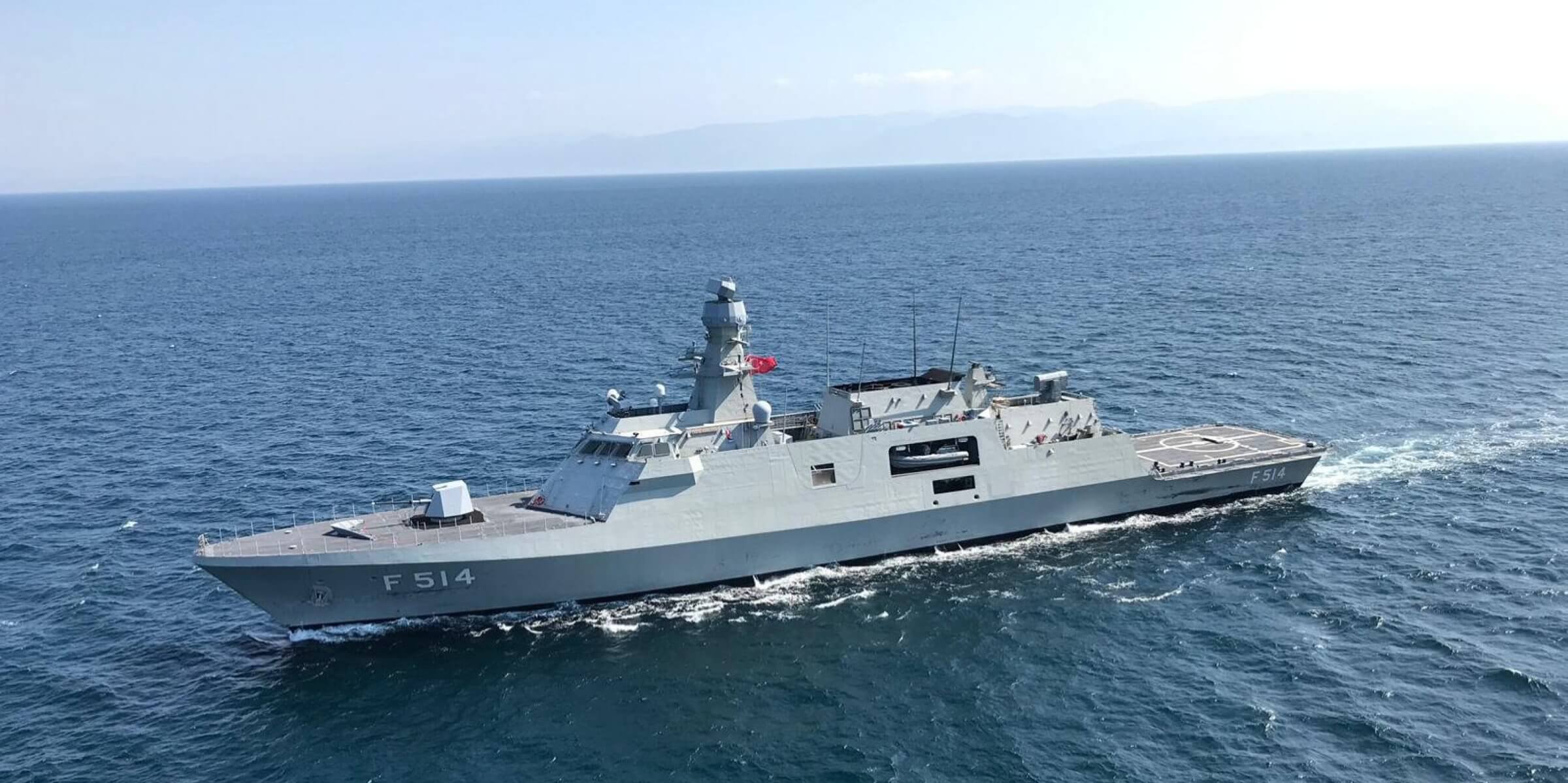Air-to-surface missiles designed for the F-35 fighter jet could be used with Turkey’s locally-developed combat aircraft and unmanned aerial vehicles (UAVs)
Air-to-surface missiles designed for the F-35 stealth fighter jet could be used with Turkey’s locally-developed combat aircraft and unmanned aerial vehicles (UAVs), the country’s industry and technology minister, Mustafa Varank revealed on Aug 3.
Two countries (referring U.S. and Turkey) developed the SOM-J cruise missile, said Mustafa Varank during a press conference at the 22nd National Sky Observation Festival in Antalya.
“If the countries in the F-35 program want to buy this type of cruise missile, we can easily sell these missiles even if we are out of the program,” he said.
Turkey’s locally-built SOM-J cruise missile can also be integrated into UAVs produced by Turkish company Baykar, said Varank, adding that The objective of the UAV project is to produce unmanned fighter in future.
“This is the future of UAVs. I believe Akıncı will have a huge multiplier effect in our defense industry,” he said.
Since 2017, Turkey and the U.S. relations have been getting worse over Turkey’s decision to buy the S-400, a Russian-made Air defense system, and the U.S. recently expelled Turkey from F-35 stealth fighter program over the dispute.
Relevant: Why Turkey’s S-400 deal bothers the US and what will be the outcomes
U.S. officials have argued the Russian system would be incompatible with NATO defense systems, poses threats to F-35 and reveals its details to Russia.
“The F-35 cannot coexist with a Russian intelligence-collection platform that will be used to learn about its advanced capabilities,” according to the White House statement, pointing to the S-400 air defense system as a strategic plan of Moscow to compromise the security of NATO systems and U.S.’ capabilities.
Relevant: American F-35s and Russia’s S-400s can’t be deployed side by side
Turkey, however, has emphasized the S-400 would not interfere with the NATO systems and would not pose a threat to the U.S NATO allies.
The delivery of S-400 components began the last month and is ongoing. To date, 14 shipments of the Russian missile system have reached Turkey.


























Leave a Reply